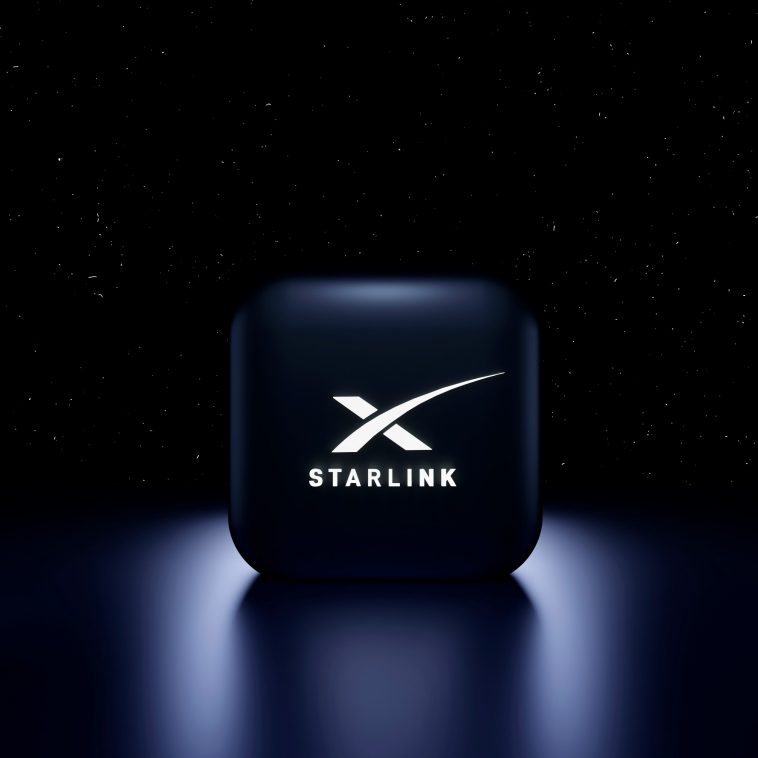In a significant development for Zimbabwe’s internet landscape, the country’s telecom regulator has granted approval for Starlink, the satellite internet service provider owned by Elon Musk’s SpaceX, to commence operations. President Emmerson Mnangagwa announced that Starlink will provide high-speed internet connectivity throughout Zimbabwe, paving the way for the satellite internet constellation to bring fast and reliable internet to the southern African nation.
According to President Mnangagwa, Starlink will offer its services in Zimbabwe through its sole and exclusive local partner, IMC Communications. This decision is expected to lead to the deployment of low-cost, high-speed, low-Earth-orbit (LEO) internet infrastructure, particularly in rural areas where connectivity has been a longstanding challenge.
The approval comes amid a backdrop of regulatory tensions, as the government had previously cracked down on unauthorized users smuggling Starlink kits from neighboring countries like Zambia. In fact, the Postal and Telecommunications Regulatory Authority of Zimbabwe (POTRAZ) had previously ordered the company to shut down its services in the country due to the lack of proper licensing.
Starlink’s entry into the Zimbabwean market has not been without its challenges, reflecting the broader regulatory hurdles the company has faced as it seeks to expand its presence across the African continent. In South Africa, for instance, the Independent Communications Authority of South Africa (ICASA) has ordered the sole importer of Starlink kits, IT LEC, to cease importation, despite the company’s efforts to find workarounds for its customers.
Similarly, in Botswana, the Botswana Communications Regulatory Authority (BOCRA) officially prohibited the importation, use, and sale of Starlink kits and services, rejecting the company’s application to operate in the country due to a failure to meet all requirements. Authorities in Botswana have warned of legal repercussions for those defying the ban.
While Starlink has encountered regulatory challenges in parts of Africa, its success in other regions, such as Southeast Asia, has been remarkable. Countries like Indonesia, Malaysia, and the Philippines have embraced the company’s services, reflecting the growing demand for reliable and accessible internet connectivity worldwide.
Starlink boasts an impressive constellation of nearly 6,000 satellites, with over 5,200 operational and beaming internet access to 2.7 million subscribers across 99 countries and territories. This milestone was recently celebrated by Elon Musk following the successful launch of the service in the Republic of Fiji, comprising over 300 islands.
The approval in Zimbabwe marks a significant step forward in the country’s digital transformation journey. With Starlink’s high-speed, low-cost internet infrastructure, businesses, individuals, and communities in rural areas can anticipate improved connectivity and access to online resources, fostering economic growth and social development.
As regulatory frameworks evolve and governments recognize the importance of bridging the digital divide, Starlink’s presence in Zimbabwe and other African nations could play a crucial role in enabling widespread internet access, driving innovation, and unlocking new opportunities for the continent’s digital economy.
 We just launched our WhatsApp channel. Want to get the latest news from the Tech in Africa?
We just launched our WhatsApp channel. Want to get the latest news from the Tech in Africa?


